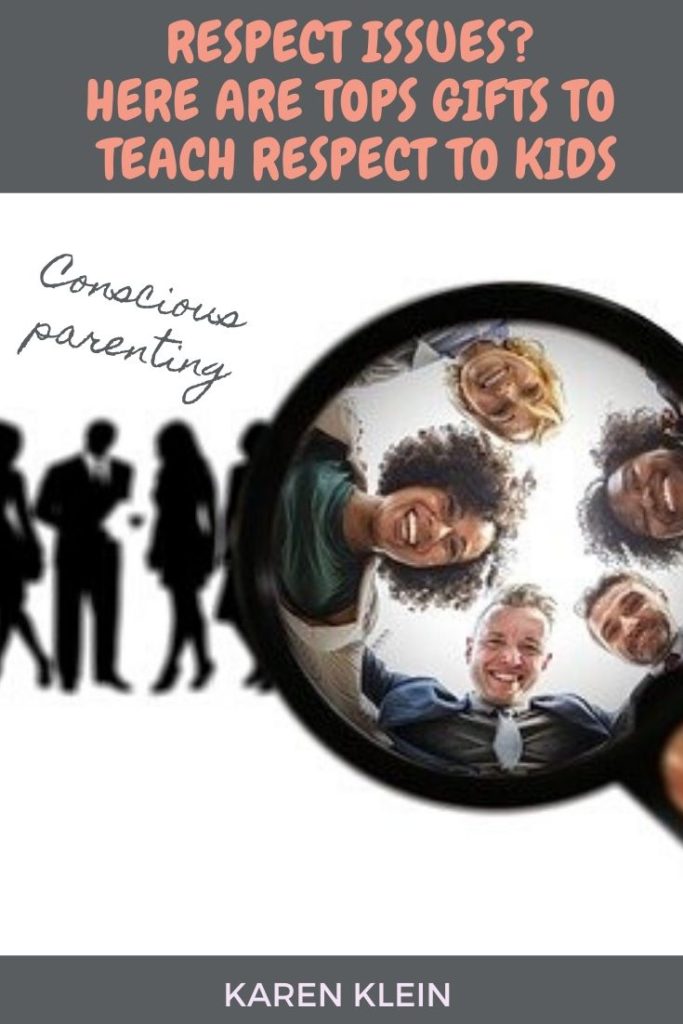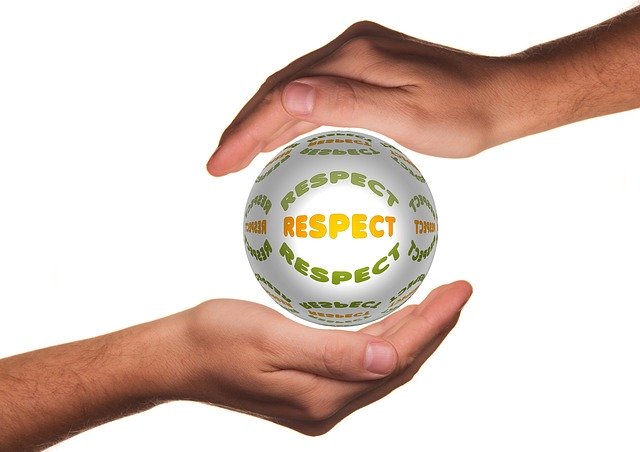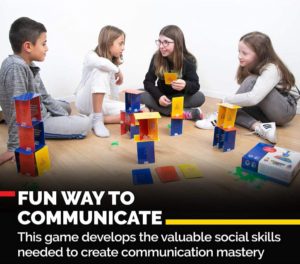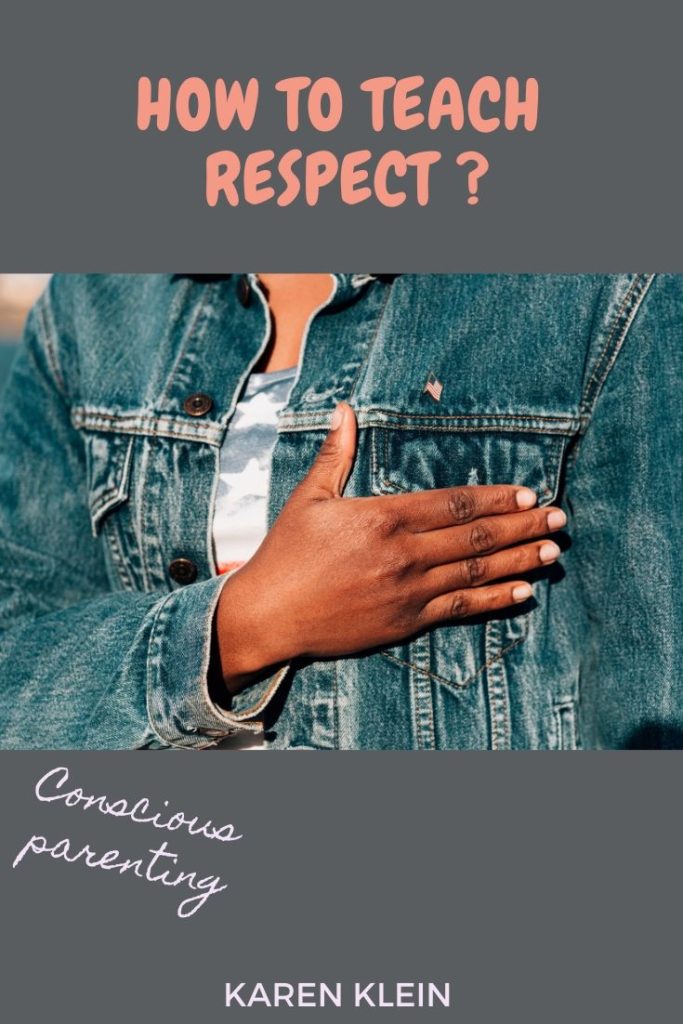
“We are sun and moon, dear friend; we are sea and land. It is not our purpose to become each other; it is to recognize each other, to learn to see the other and honor him for what he is: each the other’s opposite and complement.”
― Hermann Hesse, Narcissus and Goldmund
Affiliate links are included to help you easily find the products I recommend. I receive a small commission from purchases made when following these links. I pride myself in only recommending products I know and honestly trust. For more info read the full disclosure.
We all want our children to have respect. Respect for us, respect for themselves, their grandparents, their peers. We want our children to respect the world around them, those who are different from themselves, those who have more or have less…
So, How do we Teach the Importance of Respect?
Let’s first give some deeper thought to what exactly we want to achieve and how we can achieve it through FUN.
I strongly believe in conscious parenting – Which means to me that I do not copy and paste how my parents chose to raise me, but rather understand that a child’s needs in today’s world differ from the needs of a child 20, 15, or even 5 years ago. What I wish for and desire as a parent is that my children reflect the same respect that I show to them, and that I serve as a good example as to how you should treat others.
Lets Define “Respect”:
Respect has been defined in countless ways. So many different ways that I decided that in order to get the clearest answer I would have to go back to the word’s origin, as I studied Latin for 4 years as a teenager. Yep, growing up in France, we had to choose to study either Greek or Latin – Neither an easy option.
Latin respectus “regard, a looking at,” literally “act of looking back, to regard, consider…
So Respect is to look at…, look and see the other, yourself, elders, nature…
When you “see” someone or something, you usually will allow them some space. He/she/it is not transparent, it exists!
So giving respect to someone is to consider them, to see them, to make sure they do not feel “transparent”.
Why Should We Teach Respect?
Respect is crucial because we live amongst communities, friends, and peers that l want to be “seen”, or respected. We want others to feel our existence, we want others to “see” our needs…and for this to happen, we need to learn the importance of “respect”.
We first need to lead by example by respecting ourselves, others around us, siblings, parents, grandparents and then the larger social groups we belong to.
It is not about conforming to norms like saying “thank you”, or “sorry”, or “kisses goodbye”, because those are cultural norms that may differ among cultures and generations.
Even my grandma, today 96 years old, understood a long time ago that there is no point in teaching my kids to kiss her every time they see her, or even worse to force them (as French people, we kiss when we say “hi” and “bye”!). This habitual act is not what truly matters. My grandmother can feel respected by my children looking at her, paying attention to her, asking me to help her sit or stand…
So let’s try to concentrate on a deeper understanding of respect and not just conforming to social norms.
Types of Respect We Can Teach and Discuss With Our Children
- Respecting Nature: take part in recycling, and talking about the harmful impacts of litter on our wildlife and ecosystems.
- Respecting the laws: Point out and discuss the signs around your community – Such as “No dogs allowed”, or “No shirt no shoes no service”.
- Respecting our own kids: This is the most important step. Children mimic what they are shown – If we expect them to show respect, they first need to be given respect.
I can give you a recent example of my own that took place around two weeks ago, and happens more often than I wish, to me and to many other parents. My 10 years old daughter, Elinor, got mad while playing a game with some other children and myself. She got so angry that she left the game to go pout, and feel sorry for herself. I couldn’t handle her attitude and decided to let her calm down alone, allowing her some time by not going after her and continuing to play the game.
Two days later, she approached me and explained that she was very offended by my actions. She needed her mom, she needed me to calm her down, and I was not there at that moment. So I can honestly say that I did not “see” her in that moment the way she needed me to, and I showed her respect by apologizing for not recognizing her needs. This is the basis of respect. I believed at that time that teaching her to behave is more important than “seeing” her, and I was wrong.
- Respecting ourselves
- Respecting mom or dad
- Respecting pets and animals
- Respecting elders on the bus or in the street
- Respecting the “weak”, the new child.
- Respecting differences among people: ideas, norms, values, wish, dreams
Respect should be taught early in childhood, and parents or caregivers should lead by example. Respect is considered one of the most fundamental values of society. When it exists, it allows people, animals and plants to live in harmony. People who show this kind of respect on a daily basis, especially when surrounded by people who do the same, are more likely to live a harmonious life.
When Teaching Respect, What Skills Are Being Developed?
The Respect Basics are aligned with Five Core Competencies:
- Self-awareness
- Self-management
- Social awareness
- Relationship skills
- Responsible decision making
What Toys and Games Can We Utilize While Teaching Respect?
Games that allow us to see others: Games that require your child to take turns, for example. From an early age, this will teach each child to wait for their turn, and that there are others who need to go first and who also wait for their turn. It is often difficult to teach patience, especially for kids with ADHD or impulsive control problems, but it’s important to continue to work on those skills as much as others. Check articles about games cards or strategy games as examples.
2. Collaborative games where collaboration is crucial and not competition. Another opportunity to “see” the other players.
3. Games that provide your child a connection to his/her wish and preference like Do It yourself and craft like Pixie Crew concept.
4. Games about Recycling and saving our planet such as Green toys. You can also buy gifts that give back to our planet HERE.
LEGO Street Sweeper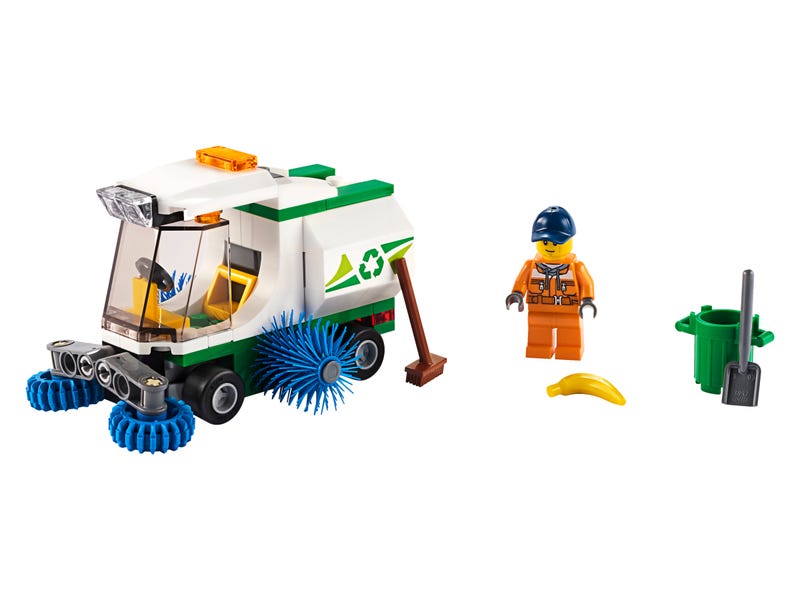
5. Save animals with Claim & Save. 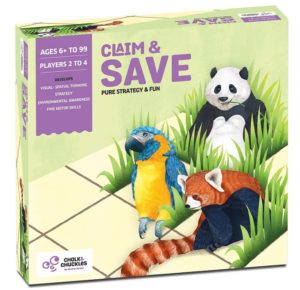
Source: http://therespectinstitute.org/research/
Now that you’ve reached the end, check out this article about Teach Kindness and Empathy as well as Games that teach Social emotional skills.
I hope you found this article interesting, and that it will help you for your next purchase!
You can SUBSCRIBE HERE to receive future posts to your mailbox and follow me on Pinterest.
